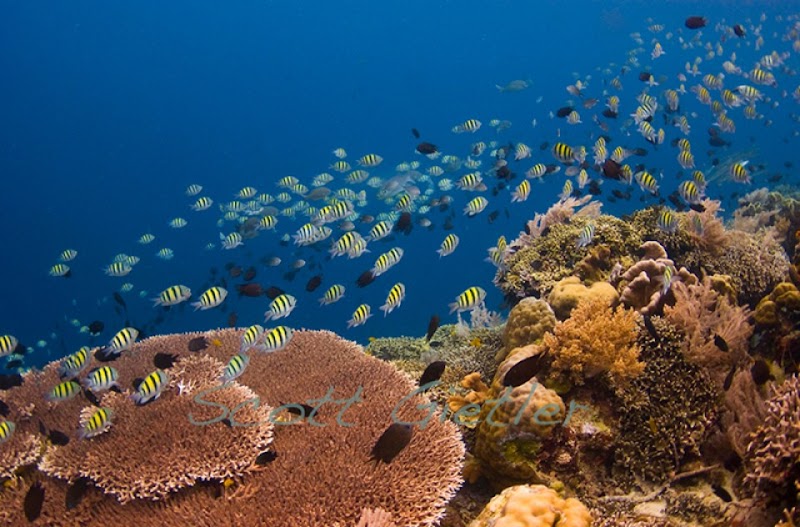
Bogani Nani Wartabone National Park Adventures
Bogani Nani Wartabone National Park is a biodiverse sanctuary located on the island of Sulawesi, Indonesia, renowned for its rich flora and fauna, including several endemic species.
About Bogani Nani Wartabone National Park

Bogani Nani Wartabone National Park, located on the northern peninsula of Sulawesi Island, Indonesia, spans over 750 square miles. It is well-known for its rugged topography, featuring dense rainforests, winding rivers, and soaring mountains. The park is a crucial habitat for numerous endemic species, such as the maleo bird and anoa, a dwarf buffalo. Originally established as Dumoga Bone National Park in 1982, it was renamed in 1992 to honor Nani Wartabone, a local independence hero. Visitors can explore a variety of ecosystems, from lowland forests to montane environments. Key activities include hiking its extensive trail system, wildlife viewing, and exploring the unique limestone cave formations. The park's appeal lies in its remote and untouched nature, offering a glimpse into one of Indonesia's most significant conservation areas. Visitor facilities are limited, encouraging adventurers to experience the park's pristine environment in a sustainable manner.
Highlights
Maleo nesting grounds offer a chance to see the unique nesting behaviors of this endemic bird.
Sightings of the elusive and diminutive anoa, a species of dwarf buffalo.
The Limboto Lake provides opportunities for freshwater exploration and birdwatching.
Toraut River, ideal for guided canoe excursions deep into the park’s wilderness.
Notable Natural Features
Maleo Bird Nesting Sites
Unique nesting grounds where conservation efforts support this endangered species.
Limestone Caves
Impressive underground formations with intriguing stalactites and unique biodiversity.
Montane Forests
Home to diverse plant and animal life, these forests are ideal for biological research.